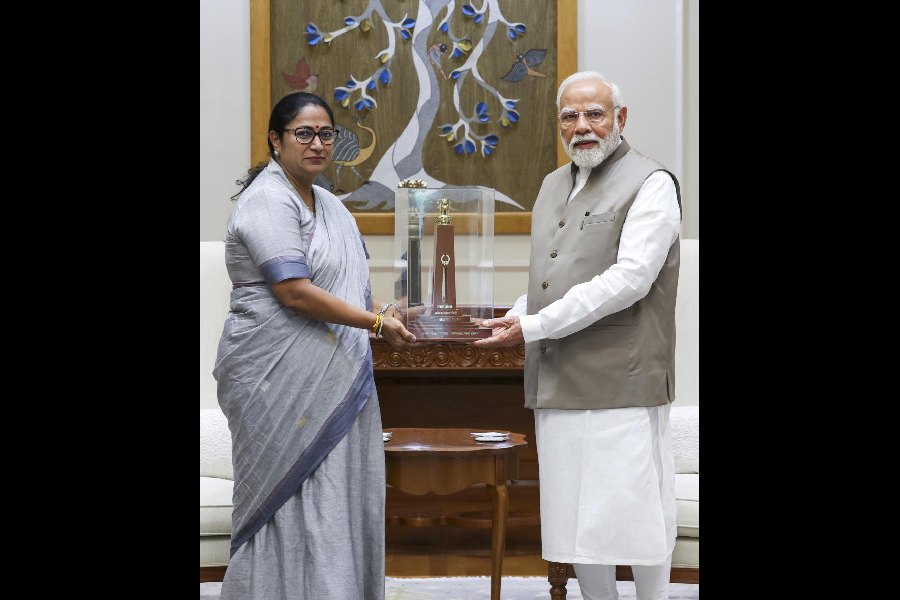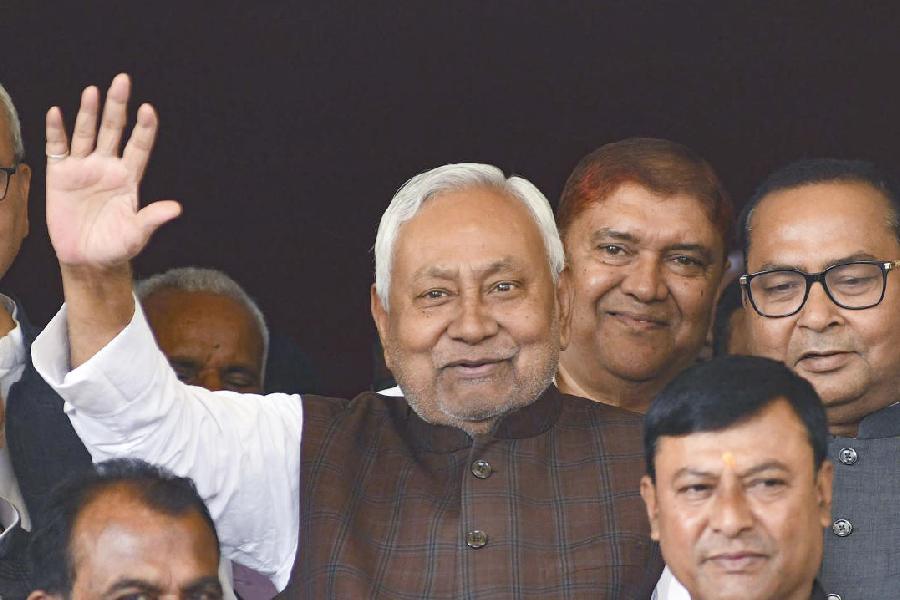Congress president Mallikarjun Kharge on Tuesday reminded Prime Minister Narendra Modi that over half of the BJP’s 11-year reign at the Centre had been marked by the absence of a Deputy Speaker, a post provided by the same constitutional mandate under which a Speaker is elected.
Article 93 of the Constitution states: “The House of the People shall, as soon as may be, choose two members of the House to be respectively Speaker and Deputy Speaker thereof and, so often as the office of Speaker or Deputy Speaker becomes vacant, the House shall choose another member to be Speaker or Deputy Speaker, as the case may be.”
Citing this, Kharge renewed the Opposition’s demand for the appointment of a Deputy Speaker. Traditionally, the Deputy Speaker is elected latest by the third session of a newly constituted Lok Sabha. But since the 17th Lok Sabha — elected in 2019 — the Modi government has dispensed with this post that has by convention gone to the Opposition. Instead, the government has preferred to have someone from the panel of chairpersons step in for the Speaker.
The government has so far not explained officially why it has not initiated the process of electing a Deputy Speaker.
The conjecture is that the Modi government does not want to yield this space to the Opposition. Under Section 8(1) of the Rules of Procedure and Conduct of Business of the Lok Sabha, the Speaker decides the date of the election of the Deputy Speaker.
In the 16th Lok Sabha — during Modi’s first stint at the Centre — AIADMK’s M. Thambi Durai was unanimously elected to the post in an apparent effort by the BJP to shore up its numbers in the Rajya Sabha, where it was in a minority in 2014.
Last year, after the BJP witnessed a depletion of members in the Lok Sabha, the Opposition had hoped that the government would adopt a more conciliatory approach and initiate the process to elect a Deputy Speaker, but there has been no development on this front to date.










